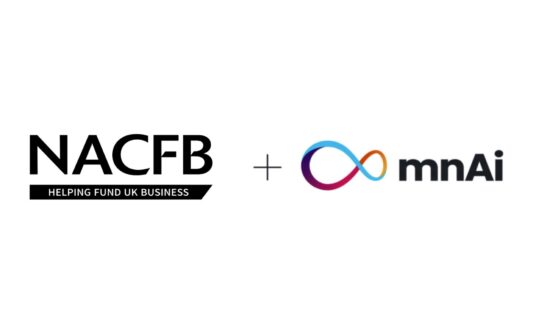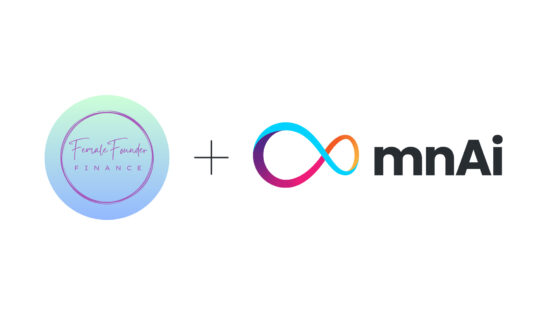16 Feb 2023
Business in crisis – how data is helping to navigate a perfect storm

Thrifty consumers, soaring inflation, and eye-watering energy costs are combining to take more companies to the brink of insolvency than at any time since the financial crisis of 2009. Data solutions offer many positives but are they the knight in shining armour we now need to manage the next phase of growth?
2022 saw the UK experience accelerating inflation, while the Bank of England slammed on the brakes by raising interest rates to their highest level in 14 years. So, it’s no wonder that the economy stalled. The consequent effect on British companies has been profound, and saw insolvencies hitting 22,109 for the year 2022 in England and Wales – the highest figure since 2009.
The next incoming tide of bad news arrived in early January. Wave number one brought the UK Treasury announcement of a slash in support for “non-domestic” energy customers. Wave number two simultaneously rolled in via recent figures presented by the British Retail Consortium (BRC). Their information showed that prices in British shops in January were 8.0% higher than a year before. This was led by a 15.7% increase in the cost of fresh food, while overall food prices, including longer-life goods, rose by 13.8%, and non-food prices were up by 5.1%.
In all, Britain’s official consumer price index inflation measure showed that food and drink prices soared by 16.8% in the year from December ’21. To put this in perspective, this is the largest gain since 1977.
“Supply-chain pressures, rising inflation and high energy prices have created a ‘trilemma’ of headwinds,” said Samantha Keen of EY-Parthenon and president of the Insolvency Practitioners Association (IPA). “This stress is now deepening and spreading to all sectors of the economy as falling confidence affects investment decisions, contract renewals and access to credit.”
As a consequence, confidence in businesses is weakening across the board. Catherine Atkinson, director in PwC’s restructuring and forensics practice, sounded the alarm that “creditors appear nervous”. She also warned that last year witnessed a fourfold increase in “winding up petitions”, signalling a loss of confidence among banks and other creditors.
This fourfold increase also included companies which voluntarily opted to be wound up. David Kelly, head of Insolvency for PwC UK, said: “It’s a clear sign that many directors are taking the difficult step to accept they have reached the end of the road.”
Pointing to those at most risk, Inga West, restructuring counsel at Ashurst, told the Telegraph that smaller businesses are bearing the brunt of the crisis so far, as they tend to have fewer resources to ride troubled waters. However, she warned that bigger names including Byron, Paperchase and Flybe could be just the start.
But there may be a glimmer of light breaking through the clouds. No sooner had the Bank of England raised interest rates by another 0.5% on 2 February, than it announced that inflation is expected to start falling from the middle of 2023 to around 4% by the year’s end, and on target for 2% after that. We’re also currently witnessing welcome falls in energy prices, which it’s hoped will continue.
However, the million dollar question on everyone’s lips is which companies will ride out the storm, and which will be consumed by it?
Finding the answer is exactly where data technology companies come in. The evolution of this industry means financial due diligence can be more accurate and comprehensive than ever before. In the current financial climate, undertaking comprehensive due diligence in regard to those you do business with is an essential part of continued success.
mnAi supports this due diligence via its in-depth analyses on hard-to-find data points including risk, hidden director networks, advanced financials, debt, and investments.
With intelligence on over nine million UK companies from multiple sources and collating it into a single, searchable database of over 12 billion data points, users now have access to a single unified source of data updated in real-time with 340 different data fields and in short, can help put your company in the best possible position to navigate this period of instability.
To book a free, interactive demo of the mnAi platform click here


